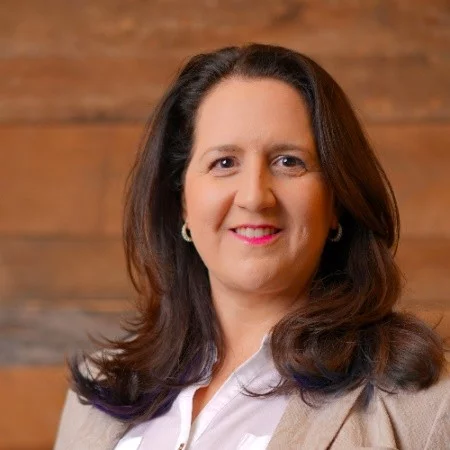
Tish Millsap
As the CEO and Senior Strategist at Revenate Marketing, Tish Millsap helps marketing teams shine by unleashing their revenue-generating potential. She's a highly motivated, results-oriented marketer and has helped dozens of companies implement and sustain effective demand-gen and revenue-boosting solutions.
The Big Questions
The overall objective is to engage, nurture, and develop a relationship with a prospect. Sometimes this process can require multiple touchpoints over a course of a long time. Depending on the industry or product, sometimes the lifecycle can last up to 6 months or a year.
Is the marketing team responsible for driving Qualified Leads or simply responsible for quantity, with Sales sifting through afterward? For some marketers, without guidance from the sales team regarding certain criteria, it is often difficult to decipher the potential of a lead after a single interaction.
Lead Management (on Both Sides of the Hand-off)
For smaller companies, such as MKG, we conduct our lead scoring process after a discovery call. However, for the firms that Tish works with, this is simply not an option. They must already sift through hundreds of leads a week, conducting a separate call is absolutely unfeasible. Instead, they utilize a framework of prioritization to determine and predict the likelihood of revenue streams, with as little volatility as possible. In layman's terms, 'is this prospect even worth my time?' Before it is handed off to the sales team, a potential lead must go through stages: from new to 'suspect', wherein they demonstrate one or multiple of the targeted demographic or behavior, to Marketing Qualified Lead (MQL). After this stage, Tish recommends that companies employ two separate statuses, Attempting and Contacted, instead of the traditional Sales Accepted Lead (SAL) label. This distinction is vital for reporting and tracking how MQLs perform after they leave marketing's hands. While it may not always be linear, the documentation and recorded definitions of each stage help create a culture of lead statuses.
Much of this process can be automated utilizing some of the systems already in place at most firms. For instance, most email systems automatically track communication and whether or not customers replied.
Adjusting the Scales
Criteria testing for quality pushes Tish and her team to continually adjust the requirements for an MQL. Depending on the client's needs and desires, they flip switches and emphasize different touchpoints or types of engagement. By always adapting the lead scoring framework, companies can drive better quality leads who are most likely to close. For smaller companies, Tish urges them to trust intuition and their on-the-ground salespeople compared to an algorithm. By establishing a pattern and funnel, aided by automation, they can be pickier for the Account Executives. Large-scale Account-Based Marketing comes into play when the volume of leads exceeds the bandwidth of the salespeople. Companies can utilize automation and complex scoring systems to effectively discern between potential leads and close more deals.
This was only a high-level summary of our conversation with Tish. Be sure to listen to the whole episode!
See you next week!